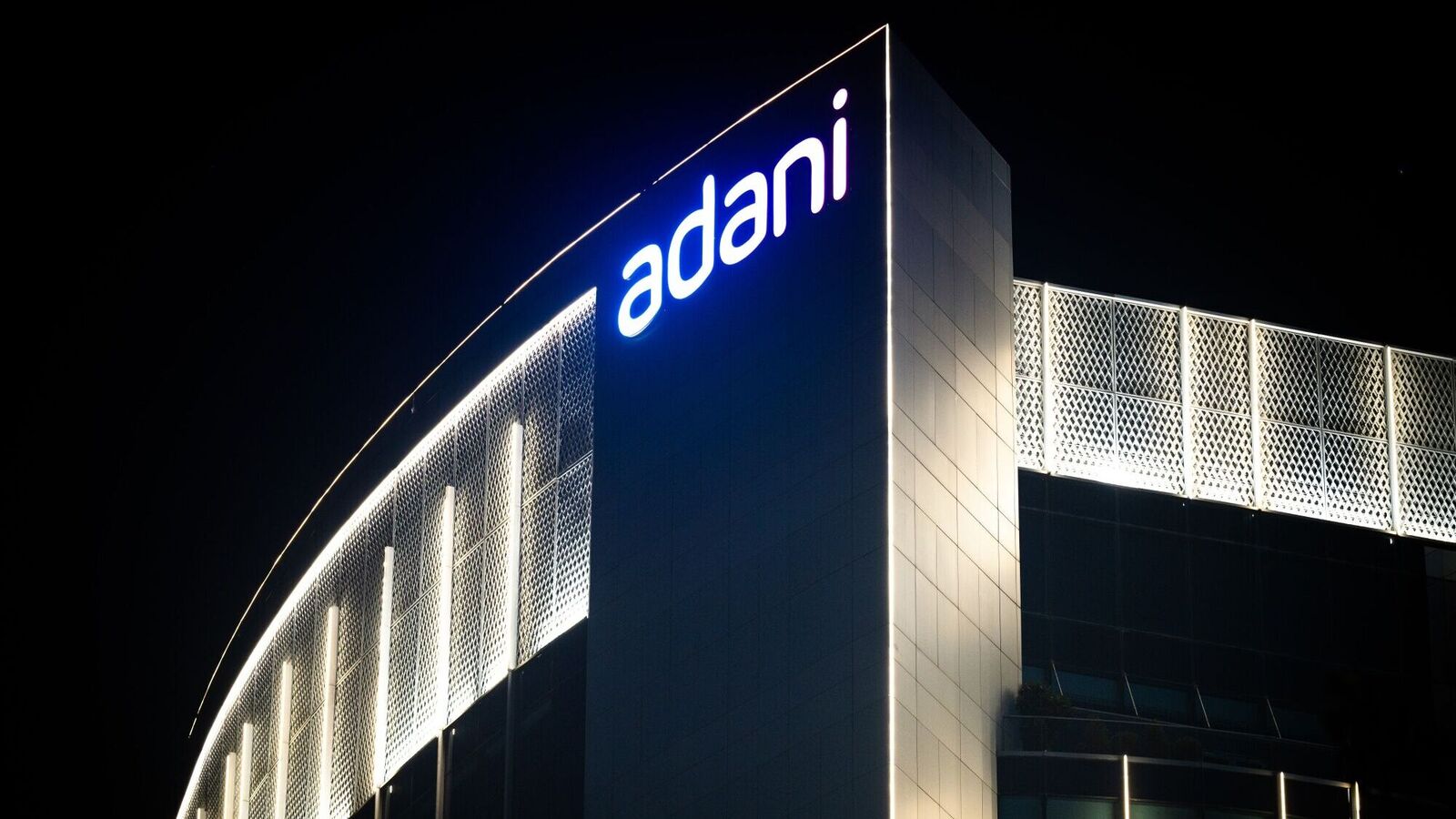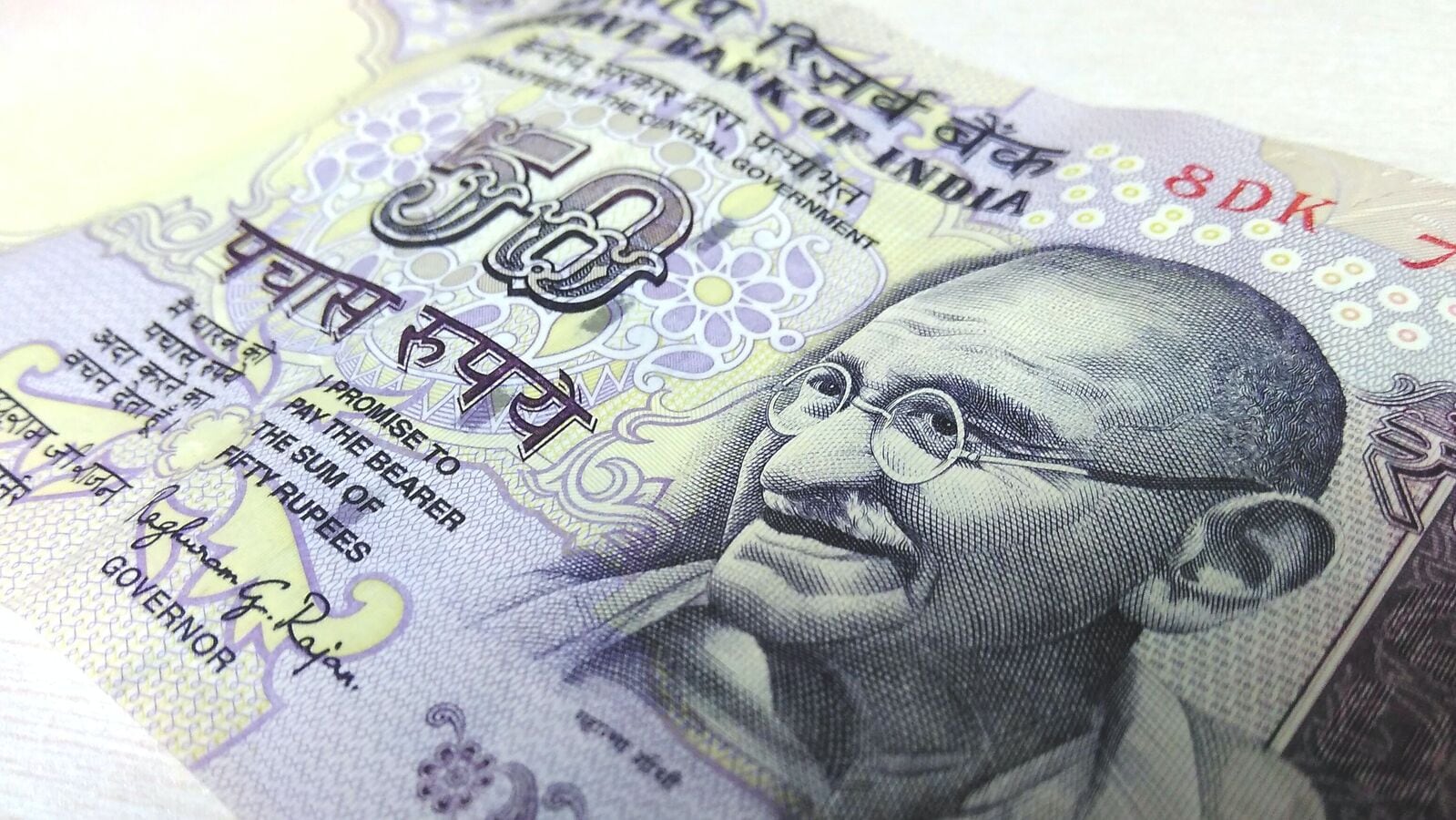The Ahmedabad-headquartered conglomerate is in advanced stages of discussion with two large Israel-based niche technology firms to form separate joint ventures (JVs) for the initiative, the two people said on condition of anonymity.
“The overall investment could be $7-8 billion, with the initial capital required being $3 billion,” the first person said. “The amount will be spent on setting up the manufacturing facility and getting the technology transfer from two Israeli companies.”
The first semiconductor facility is likely to be ready by 2027, the two persons said. While multiple sites in different states are being explored, one location in Maharashtra is close to being finalized, said the first person.
On 6 September, Maharashtra deputy chief minister Devendra Fadnavis had mentioned in an address that the Adani Group plans to invest ₹83,947 crore (about $10 billion) in setting up a chip manufacturing plant in Maharashtra. However, he did not give any further details. The two people cited above did not comment on Fadnavis’s statement.
An email sent to Adani Group remained unanswered till press time.
India’s semiconductor dream
Adani’s move comes on the backdrop of the Union government’s ambition to indigenize electronic and new-age technologies used in key strategic areas. The Centre has expressed its desire to curb dependence on imports, particularly from China, for high-end electronic chips and circuits that are essential in manufacturing and managing certain defence equipment, cars and modern vehicles, communication devices, and aircraft.
To that end and to leverage a boom in electronics consumption in India, the Centre had announced a $10-billion incentive package in December 2021 for the India Semiconductor Mission to drive investments in chip manufacturing and associated ecosystems in the country.
Also read | ‘India should set up $10bn fund of funds to develop semiconductor design labs’
The investments are happening at a time when India’s semiconductor consumption is exploding. According to a report by the India Electronics and Semiconductor Association, the country’s semiconductor consumption is set to increase from $22 billion in 2019 to $110 billion by 2030, positioning India to account for approximately 10% of global semiconductor demand.
What Adani will do
As per the plan, Adani group will both manufacture integrated circuits (ICs) and offer OSAT services, said the first person. OSAT refers to outsourced semiconductor assembly and test (OSAT), where a company provides IC packaging and testing services to semiconductor manufacturers for use in various applications.
Adani’s chips are aimed to be used in managing unmanned aerial vehicles (UAVs) and drones used in warfare, complex computing, cars, aircraft, and a wide range of AI-enabled devices.
According to the first person, the chips and circuits to be manufactured by Adani Group will both cater to Indian companies and be exported. “There is demand from the US,” the first person said, adding that since semiconductor circuits are often designed for specific needs, it involves sharing and dealing with certain consumer data. Currently this type of consumer data is mostly flowing to Chinese technology firms.
Also read | Adani’s resurgence: A $5-7 bn war chest for cement, ports, defence acquisitions
“Not only our country wants to reduce the flow of consumer data to China, but also the US and some other countries want to bring some degree of rebalancing in the consumer information that gets shared. This is even more critical because the semiconductor chips are used in vital sectors,” said the first person.
Additionally, the two people said the group may have an advantage in terms of cost of production since it has its own power generation and transmission capabilities, shipping and logistics network.
And since the group itself owns seven major airports and is actively involved in manufacturing defence vehicles and equipment, a part of the end-user base for the group’s chips can be found within the group, taking care of basic revenues from operations.
However, the two persons did not divulge any details on revenue target, returns expected from the investments, or the capacity of the plants to be set up.
Action picking up
As India’s semiconductor journey picks up steam, Adani Group will be competing with several others that are in various stages of investing, but its main competition will be with the Tata Group.
Several Indian companies such as Tata Electronics and CG Power and Industrial Solutions Ltd, among others, have drawn up semiconductor plans in joint ventures with overseas partners. Investment commitments have also come from Micron and Kaynes Technology.
Tata Electronics has started building semiconductor fabrication plants in Dholera, Gujarat, in partnership with Taiwan’s Powerchip Semiconductor Manufacturing Corporation (PSMC). Tata expects the first phase of its project to cost as much as ₹91,000 crore and the group’s first semiconductor facility to go live by 2026, according to a report by Mint. Tata’s plant plans to make chips for power management circuits, display drivers, microcontrollers, and high-performance computing logic.
Also read | Micron to roll out first India-made chips by early 2025—for global markets
While smaller in scale, CG has kicked off work on building an OSAT facility in Gujarat in partnership with Renesas Electronics Corporation and Stars Microelectronics (Thailand) Public Co. Ltd, according to a report in The Hindu Businessline.
At the same time, US-based Micron is building an ATMP plant, also in Gujarat, and plans to bring to market the first chips packaged in its plant in 2025, according to a report in The Economic Times. ATMP refers to assembly, testing, marking and packaging. It takes packaged products from OSAT plants and places them on printed circuit boards.
The Israel connection
Adani’s semiconductor JVs may enhance its relations with Israel. The group had launched its first JV with Israel’s Elbit Systems—a weapons manufacturing firm—back in 2018, to manufacture Hermes 900 drones meant mainly for Israel’s military.
Last year, Israeli government sold 70% stake in its port in Haifa—a major trade hub on its Mediterranean coast—to Adani Group and the remaining 30% to a private Israeli chemicals and logistics firm, Gadot Group, at a valuation of $1.18 billion.
Earlier in October 2022, Adani Defence and Aerospace and Israel Weapon Industries had launched India’s first AI-enabled firing system at an expo in Gandhinagar, Gujarat.







Leave a Reply